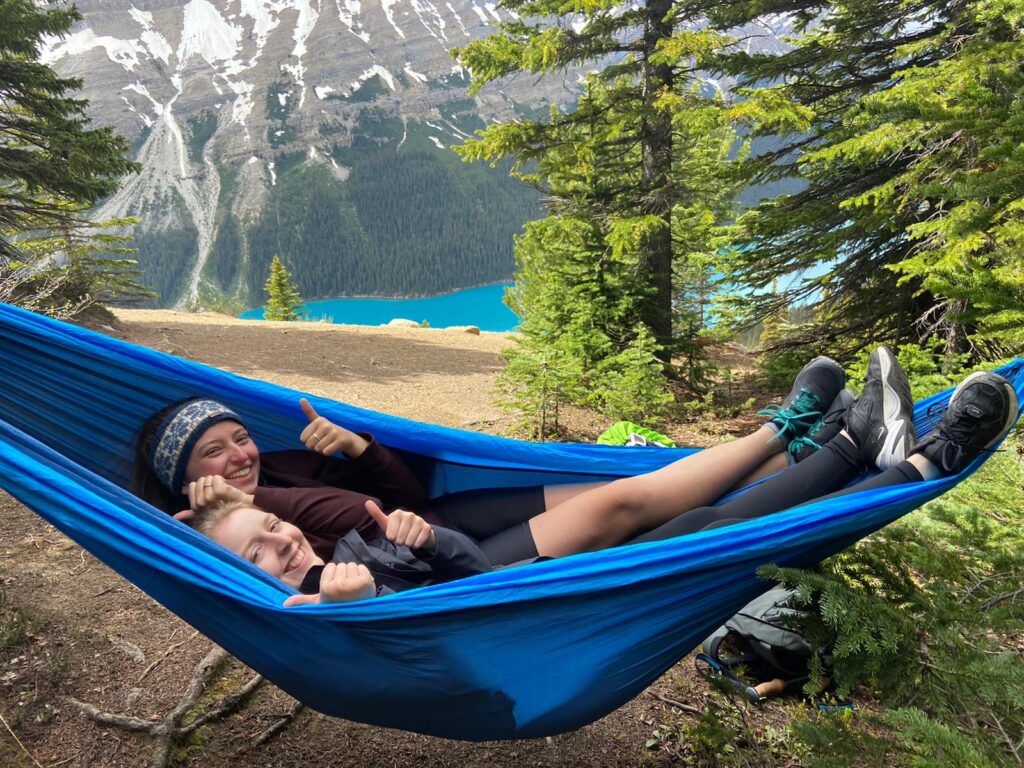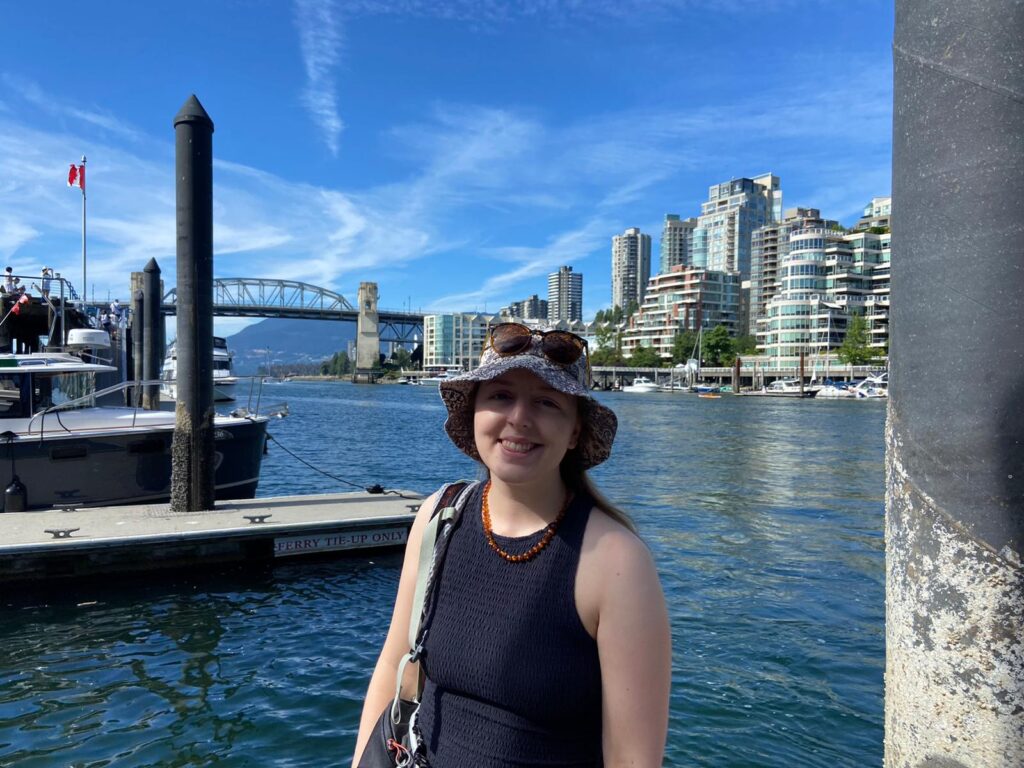Research Project Abroad: Ezri’s experience
Student experience 23 November 2022
Fourth year environmental science student Ezri spent her summer in Canada undertaking a fully funded research project, was it worth doing?

The Canadian dream
The Mitacs application began in august the year prior, with the permission of the university international programmes office. The process was pretty simple, selecting my favourite projects (in rank order) and submitting some normal application information of a CV, references and a bit about myself. Applications are screened by Mitacs to check eligibility, then host professors conduct interviews to check out prospective students. Professors then rank students for Mitacs to match projects, I received my offer in December. From this point onwards, I had to organise transport and accommodation which was reimbursed when I arrived in Canada.
Yeah no, for sure
When I found out I was going to the University of Saskatchewan in Saskatoon, I didn’t have a clue where that was or what to expect (or even how to pronounce the province name). Saskatchewan has less than half the population of greater Manchester, but has an area that is two and a half times bigger than the UK, so arriving in this prairie city was quite different from bustling Manc.
As part of the project, I was involved in a research group in the Global Institute for Water security, with members affiliated to the National Hydrology Research Centre – operated by Environment Canada (a government department). Their research specialised in forecasting water resources under climate change. Following this theme, I focused my project on cloud changes with global warming, as this is an area I have specialised into under the atmospheric and climate science pathway.
The structure and undertaking of this project were very similar to my third-year dissertation, but instead operating under grander conditions. My work consisted of handling WRF model output (a regional scale numerical model), which is also implemented in our university forecast! The data I used consisted of two ten-year simulations of the current and prospective atmosphere over Canada under the ‘worst case scenario’ warming (outlined by the IPCC), which I compared and noted any major changes. During my time I had access to Graham, a Canadian research supercomputer and worked alongside another Mitacs intern- Eleanor, a geography student from the Uni of Exeter.
Highs and lows of the project

My supervisor was pretty hands off, which I found difficult at times but gave me room to investigate my interests and freedom to organise my time. This flexibility meant I was able to explore other parts of Canada too, ending up in Vancouver, the Canadian Rockies and Winnipeg, alongside meeting some wonderful people. But living in Saskatchewan gave me the chance to have an organic and truly Canadian experience, luckily being there in the summer also meant I avoided the -35°C winter.
Canada as a whole is almost a home from home, a friendly population with a funky accent on a huge landmass. But one element I didn’t consider before I arrived was the indigenous population; as a negligent Brit I overlooked our actions and thought we were removed from our past, this is not the case in modern day Canada. There was a clear disparity in the treatment of indigenous populations, even in downtown Saskatoon where the homeless population was disproportionally indigenous. Likewise, the repercussions and processing the trauma of residential schools is still extremely relevant, where I witnessed two occupations of government property relating to this issue. Climate change again makes this disparity even more pressing, with northern indigenous communities at significant risk of being displaced and halting their traditional ways of living.
Do it again eh?
On the whole, I would recommend anyone who has the chance to apply, it pushed me as a person and helped me to understand what a career in research may look like. Aside from the project, living in a Canada was a phenomenal experience, making memories I will treasure, but also emphasised the privileges and freedoms I experience. Indigenous people face adversity, with colonisation aftermaths still felt today, reconciliation has a long way to go to make an equal society for all, especially under a changing climate.
Read more about how students have put their summers to good use, whether through internships in the UK, or industrial experience abroad.

Leave a Reply